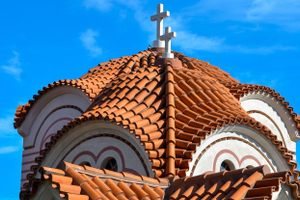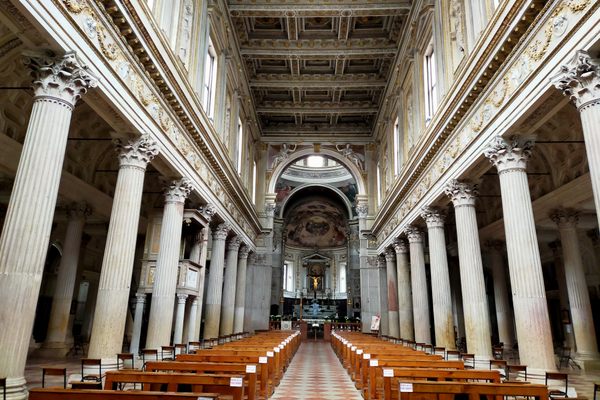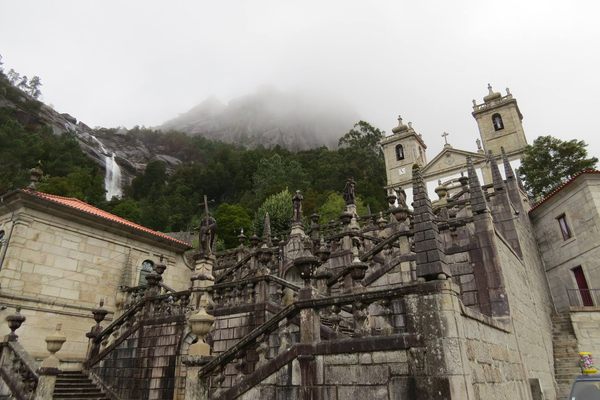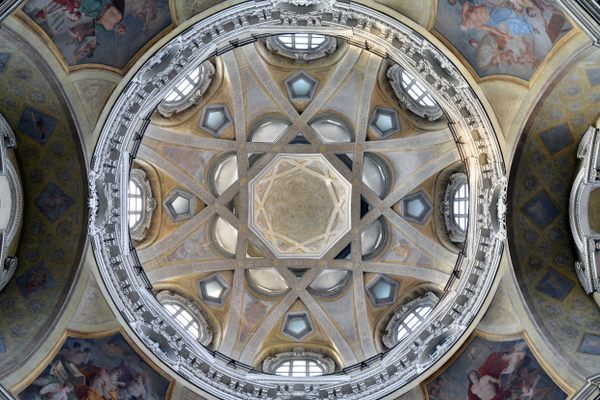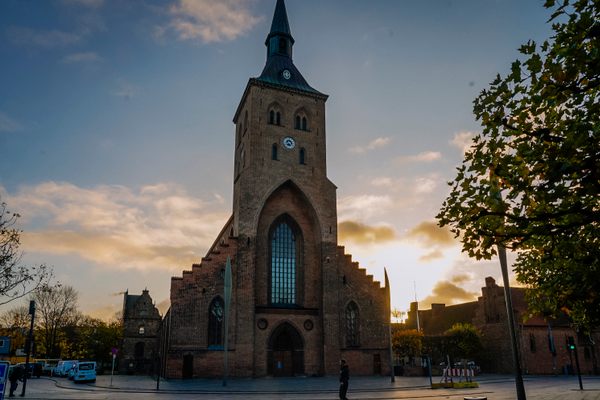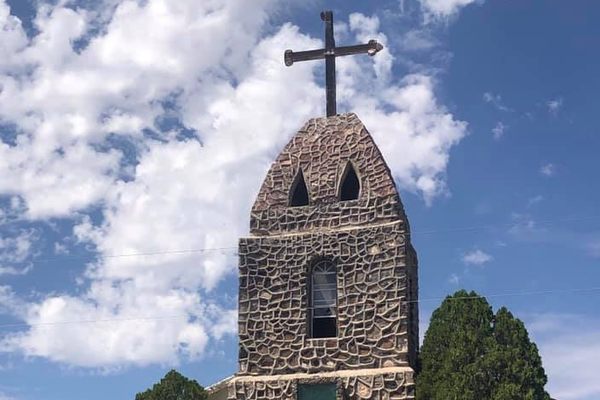About
In an area with many ancient temples and monuments sits the mostly overlooked Church of Agios Demetrios of Diakos. The church is named after Athanasios Nikolaos Massavetas, a hero during the Greek War of Independence.
Massavetas was born in central Greece in 1788 into a family of Klephts (Greek highwaymen). Drawn to religion as a youth, he was sent by his parents to the Monastery of St. John the Baptist at an early age. By age 17, he had become a monk, and not long after, moved to Athens to serve as the deacon of this church in the Plaka area.
After an altercation with an Ottoman Pasha, he was forced to flee into the mountains and become a Klepht. He was then given the nickname “Diakos,” or Deacon. Diakos led a group of Klephts during the Greek War of Independence, achieving many victories before eventually being captured and martyred by impalement.
The church was originally constructed in the 1600s in a single-nave, barrel-vaulted style and was dedicated to Saint Demetrios. It has been expanded twice since, with one of the expansions being funded by the wealthy Benizelos family.
There is a marble plaque in the front courtyard memorializing Diakos. Another features an owl with a cross on its head designed to recognize the Benizelos family.
Related Tags
Know Before You Go
The church is under the control of the nearby Church of Agios Nikolaos Rangavas, It's rarely open but celebrates a feast in honor of Saint Demetrios and Athanasios Diakos annually.
Dress codes vary from church to church in Greek Orthodoxy. If you wish to enter the church, a proper show of respect to the church and its members is achieved by modest clothing and proper behavior.
For men, shorts, tank tops or sleeveless shirts, and sandals or flip-flops are frowned upon. Women's shoulders should not be shown in the church, so anything strapless or with thin straps should be avoided. Skirts and dresses should, at a minimum, come below the knee. Some churches ask that no leg be shown.
Feet should be kept on the ground when seated, as it's considered insulting for the bottoms of feet to face holy images.
Community Contributors
Added By
Published
February 1, 2021















